AI won't strip you of your job, not by a long shot
AI still has a long way to go.
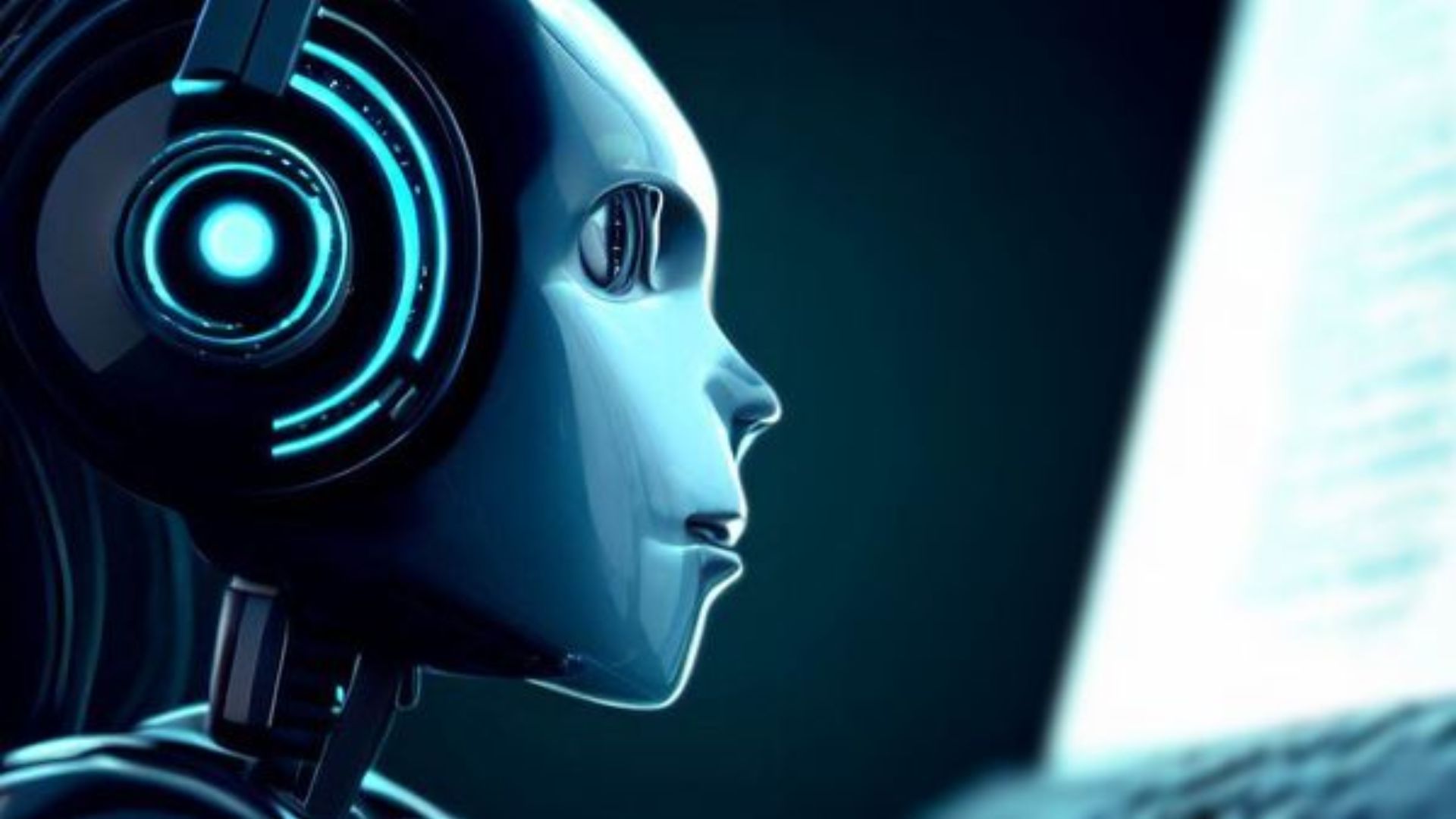
Admittedly, generative AI has taken the world by storm, This year in particular, we've seen more people and organizations develop a keen interest in the technology and even go as far as integrating it into their day-to-day activities.
Artificial Intelligence has seemingly made things a tad easier, but it's not all that glitters is gold. Professionals are growing concerned about this emerging trend and whether it might eventually take over some of their jobs.
Companies at the forefront of this technology, such as Microsoft and OpenAI, have continuously made multi-billion dollar investments to enhance the user experience of their chatbots.
Both companies continue to ship improvements and new features to their AI-powered chatbots, Bing Chat and ChatGPT. But despite these efforts, both entries have suffered major setbacks that might put the hostile takeover and replacement of humans with artificial intelligence at a halt.
Lack of trust
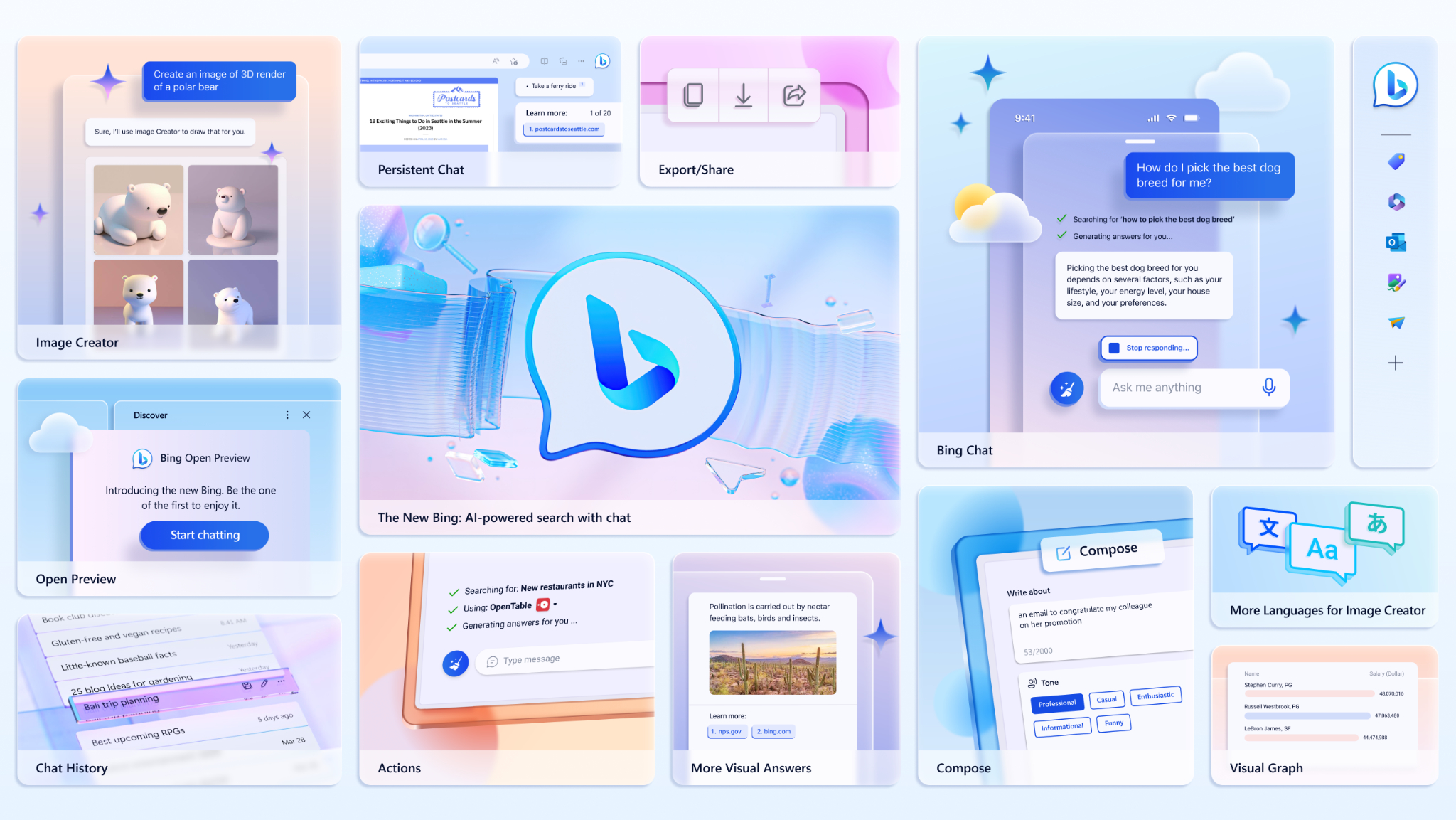
In February, Microsoft debuted the new Bing, powered by OpenAI's ChatGPT, designed to leverage artificial intelligence to understand queries written with natural language and to generate answers.
Admittedly, Microsoft gained plenty of attention from users, helping Bing peak at 100 million daily active users in March. But the hype was short-lived. This is after several users complained that the tool was ineffective, highlighting instances where the tool gave inaccurate responses or was outrightly rude.
This, in turn, made users develop reservations about the tool. What's the essence of using a tool if it's not going to furnish you with accurate and credible information?
Get the Windows Central Newsletter
All the latest news, reviews, and guides for Windows and Xbox diehards.
To mitigate this issue, Microsoft quickly moved to cap Bing Chat's turn limit to curb the hallucination episodes. And while the company has since bumped up the turn limit, it still doesn't fit the bill, especially for more technical users looking to generate in-depth and long-form content by leveraging the tool's capabilities.
Not forgetting, these chatbots heavily rely on information from reliable sources. ChatGPT heavily borrows and relies on human-written content to provide these responses.
As such, even if AI gets to the point where it can provide long-form and accurate content like Windows 10 and Windows 11 How-to guides, it could negatively impact the information available on the internet.
Our Managing Editor Jez Corden shared some insights on the same, as highlighted below:
On a long enough timeline, it could make guide writing untenable and unprofitable for websites. Here on Windows Central, for example, a huge part of our traffic comes from our Windows 10 and Windows 11 help guides. Without that traffic, it's hard to fathom how much of a negative impact that would have on the site's health and viability.
I'm sure Microsoft won't lose sleep over it, but the irony is that if websites stop offering informational content because it's no longer financially viable, it could make the internet dumber as a result. If fewer humans are writing content, that would likely result in less high-quality information for ChatGPT to steal. In that scenario, how will it remain so smart, I wonder? And sure, there are plenty of people writing guide content for free on forums and Reddit that ChatGPT-3. Call me crazy, but I'm of the opinion that those smart people should be paid for their efforts by those platforms, rather than shareholders.
We also can't forget the recently posted AI-generated article published by Microsoft on Microsoft Start (MSN) dubbed "Headed to Ottawa? Here's what you shouldn't miss!" that recommended Ottawa Food Bank as a tourist attraction. However, the company has since retracted the article, pointing fingers at human error rather than AI.
Getting dumber, not better
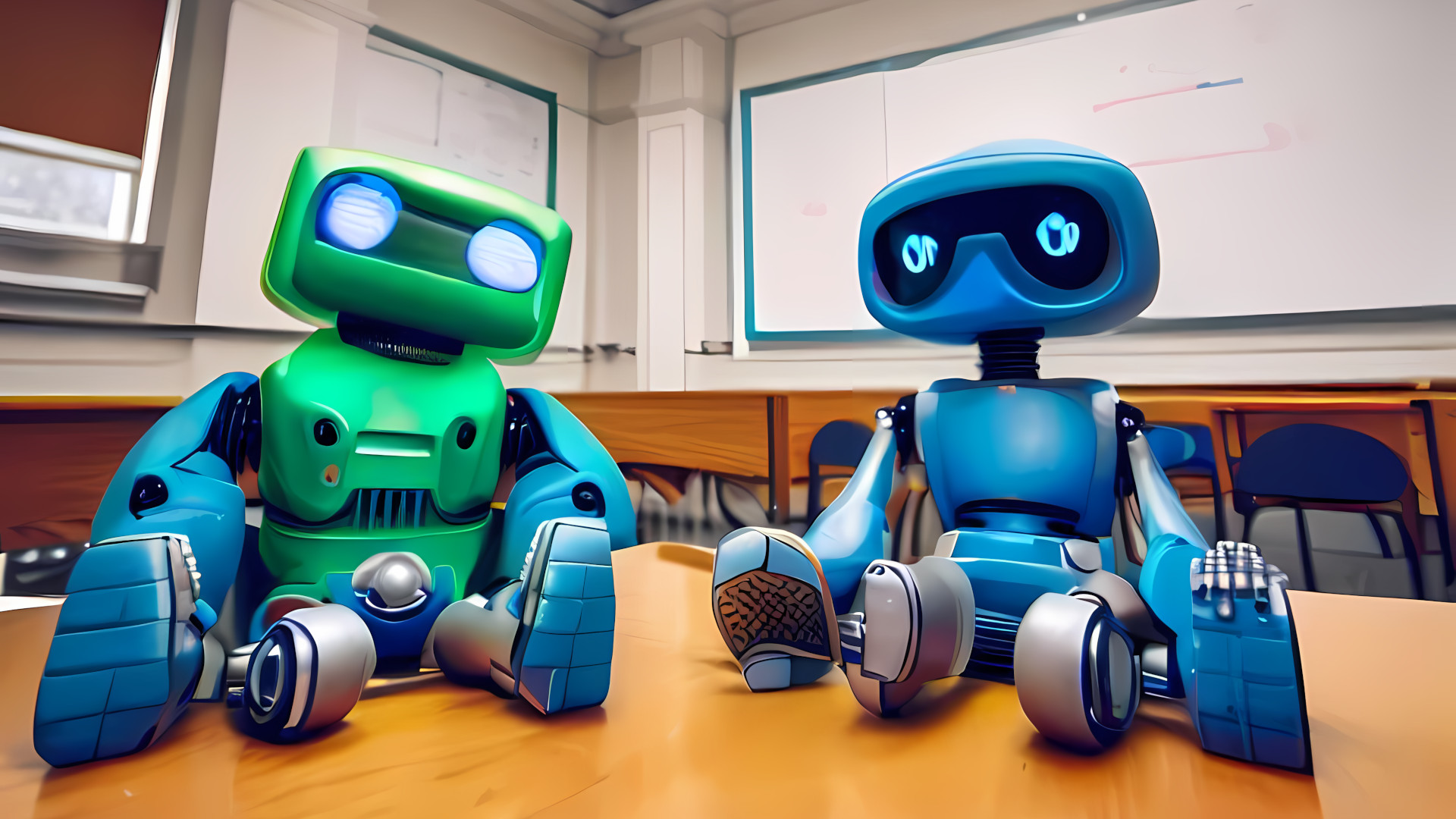
Building on the earlier premise, a study by researchers from Stanford shows a decline in the performance of OpenAI's chatbot. After running several tests on ChatGPT, the researchers determined that the chatbot is getting dumber, despite OpenAI's efforts of shipping new improvements and features to the tool.
The study was based on the tool's capability to solve math problems, answer sensitive questions, generate code, and spread visual reasoning over a few months. However, the chatbot was spotted to provide inaccurate responses as the months progressed. Users expect the technology to get better with time, not worse.
Is it just me or is #ChatGPT getting dumber by the day? It already fails even in basic tasks such as helping to write essays or a thread of tweets, even with tricks such as giving it roles, context and examples. Products are supposed to get better, not worse.August 27, 2023
And while more benchmarks need to be conducted, an alarming amount of people across X (formerly Twitter) and Reddit, surprisingly share the same sentiments.
This points back to my first point, where the chatbot is losing trust among users. If it's getting dumber, then what purpose does it serve? You're better off doing things for yourself rather than being dependent on a tool that will ultimately give you inaccurate results, causing you to redo the work, which is a major deterrent to productivity and a morale killer.
Bankruptcy lurking
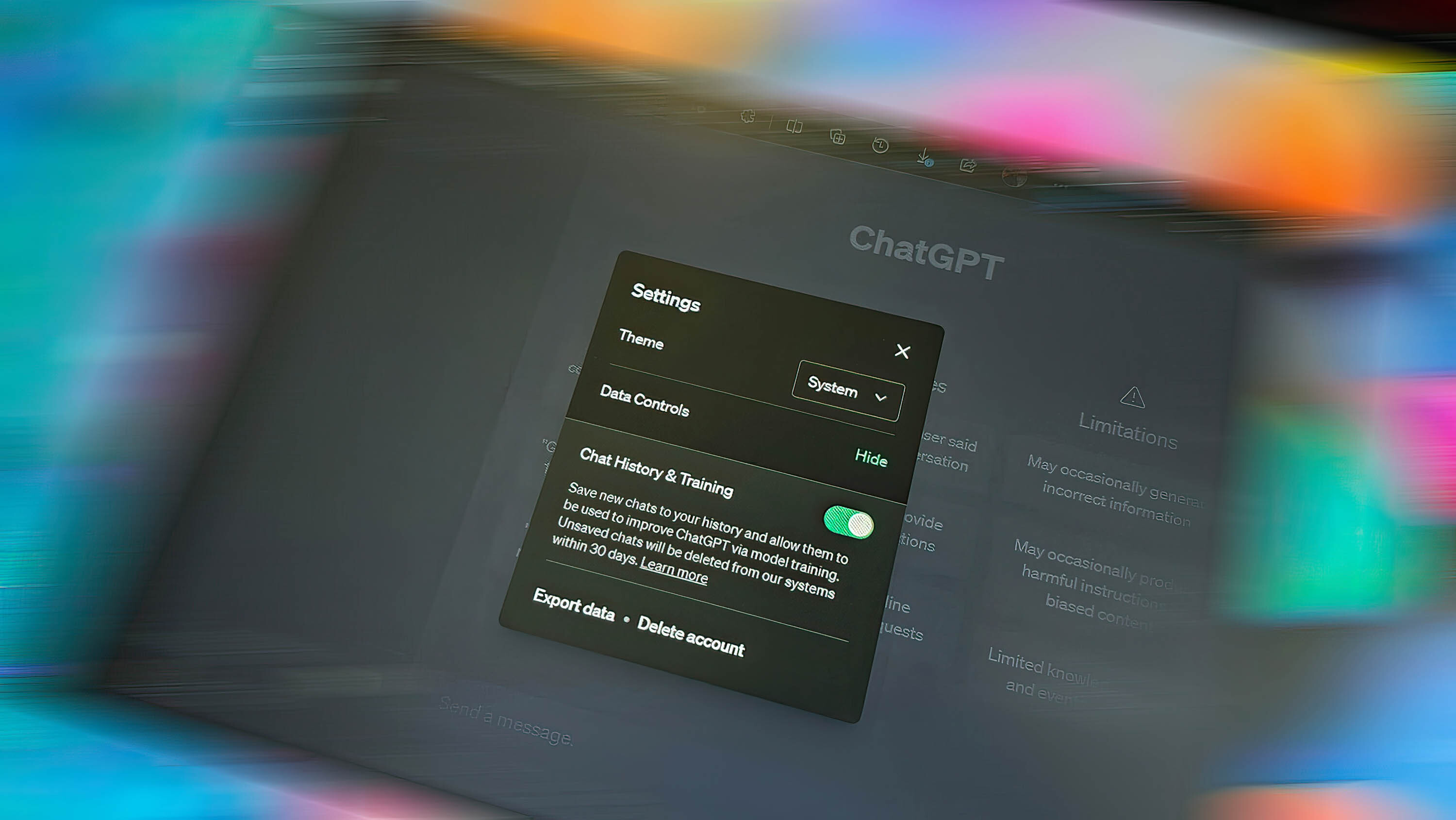
Running an AI-powered chatbot is extremely expensive. As previously reported, OpenAI uses approximately 700,000 dollars to run the ChatGPT on a daily basis. This is on top of the ridiculous amount used to procure GPUs from companies like NVIDIA.
Based on this alone, it is evident that this whole venture requires a significant amount of funding. But as it now seems, the company might be running on fumes. Several reports have emerged online citing that the company might be well on its way to bankruptcy.
And the fact that the number of users leveraging the tool's capability is steadily declining doesn't help. Figures, shared by SimilarWeb, indicate a 12 percent decline in ChatGPT's user base between June and July, which translates to around 200,000 users. Notably, these figures only reflect the number of users visiting the ChatGPT website, leaving out APIs.
Still, OpenAI is actively seeking ways to make more profit out of its GPT-4 LLMs. OpenAI's projects $200 million in annual revenue in 2023 and $1 billion in 2024, which, when put into consideration, seems like a reach given the current state of things.
Varied interests
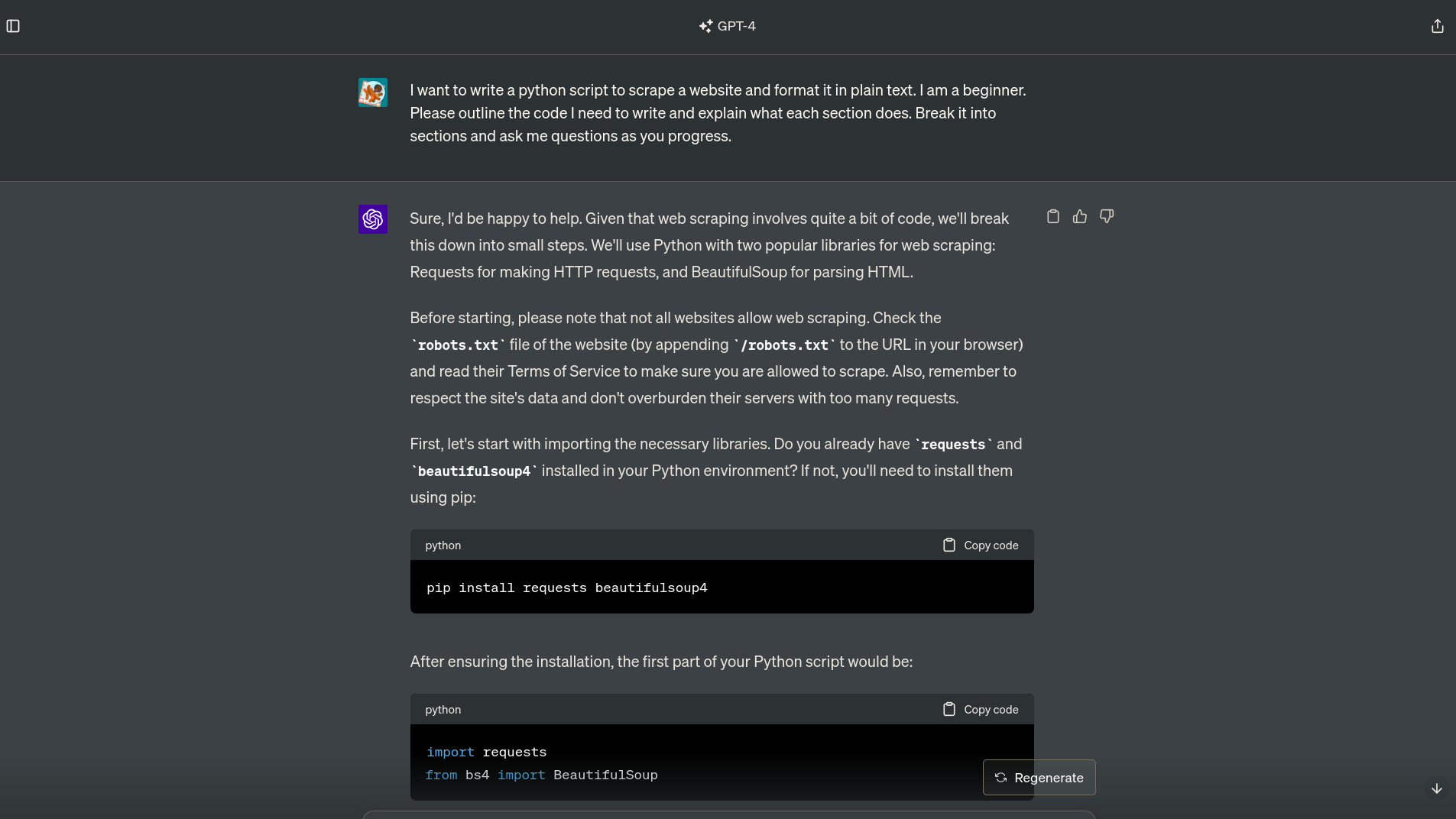
It's as clear as day that the top collars at OpenAI are at loggerheads in regard to how the company should approach generative AI. The company's Sam Altman has expressed his interest and focus on achieving AGI superintelligence, which doesn't correlate with OpenAI's main focus, profitability.
Earlier this year, Microsoft's CEO, Satya Nadella, touched base with WIred's Steven Levy and shared the following sentiments on AGI superintelligence:
I’m much more focused on the benefits to all of us. I am haunted by the fact that the industrial revolution didn’t touch the parts of the world where I grew up until much later. So I am looking for the thing that may be even bigger than the industrial revolution and really doing what the industrial revolution did for the West, for everyone in the world. So I’m not at all worried about AGI showing up, or showing up fast. Great, right? That means 8 billion people have abundance. That’s a fantastic world to live in.
Altman has also shown concern over safety measures to ensure the technology doesn't spiral out of control. As such, he's keen to see the government look into the matter and implement regulations that will be used to control and govern what it can and can't do.
Consumer protection law concerns

Toward the end of July, the Federal Trade Commission (FTC) launched an investigation looking into OpenAI's ChatGPT to determine if the company has breached any consumer protection laws. The commission issued a 20-page demand letter highlighting its concerns over OpenAI's data security practices following a rising concern over ChatGPT's impact on its user's reputation.
The demand letter also requested the company to furnish the commission with a detailed account of complaints lodged by users every time the chatbot gave out wrong information or responses.
If found guilty of these claims, Microsoft's Bing Chat will also be negatively impacted because it relies on OpenAI and ChatGPT. The commission's main role is to ensure that the consumer's best interests are maintained by the company. Organizations such as Meta and Zoom have been on the receiving end of hefty fines after being found on the wrong.
Many organizations have been openly vocal about their reluctance to make use of these chatbots. Their concerns are mainly centered around the chatbots using their private data without prior knowledge.
A recent report pointed out a sophisticated ploy leveraged by hackers to compromise over 100,000 ChatGPT credentials, that have since been reportedly sold in the dark web. To this end, it's not yet clear how much damage this attack caused, but the fact that they were able to access these credentials is highly alarming.
Stagnant market share
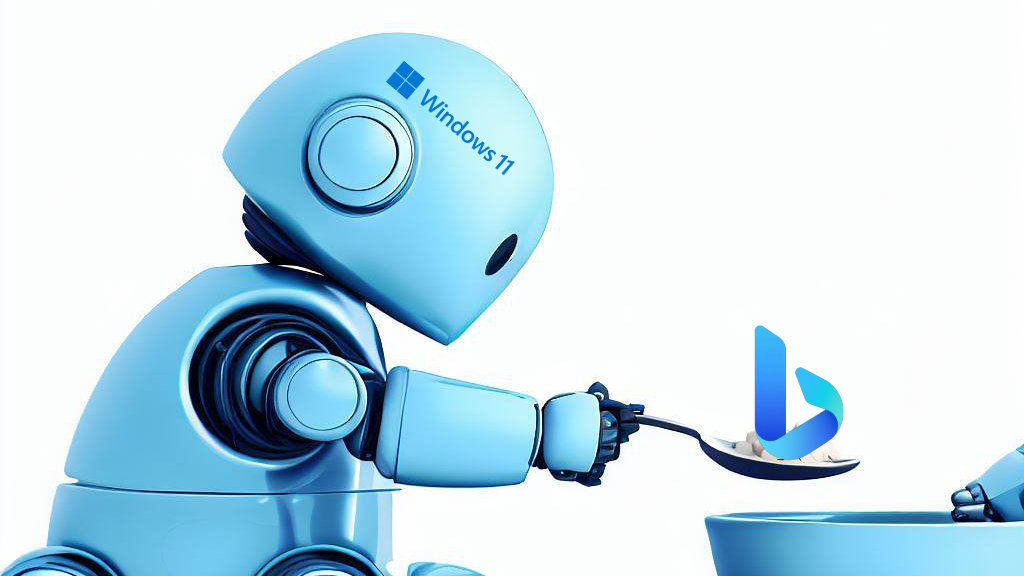
According to statistics shared by Statcounter, Bing's global search engine seems to have stagnated. Figures indicate that Bing's search market share has been the same since January with negligible bumps, with January's share coming in at 3.03% and July at 2.99%.
Another analytics firm, YipitData, also shared web traffic metrics showcasing the number of Bing visitors this year. Expectedly, March experienced the highest number of Bing users following the debut of the new Bing, coming in at 101.7 million from 95.7 million in February. However, it should be noted that these statistics don't account for mobile devices and China's usage.
Microsoft shipped Bing Chat to open preview, opening up the tool to even more users, and even went a step further to scrap the Microsoft Account requirement to access the chatbot. But still, the numbers have seemingly stagnated.
The company recently celebrated Bing Chat's six-month anniversary, highlighting its successes. A Microsoft spokesman has refuted the statistics shared and indicated, "while we cannot comment on third-party data, we can share that Bing has grown to exceed 100 million daily active users. Our usage signals show strong growth since February and because of new access points like Bing Chat Enterprise, we've experienced one of our biggest growth months on record since we launched our new Bing and Edge experience. Already, our customers have engaged in over a billion chats and have created over 750 million images with Bing Image Creator."
Dwindling AI trend
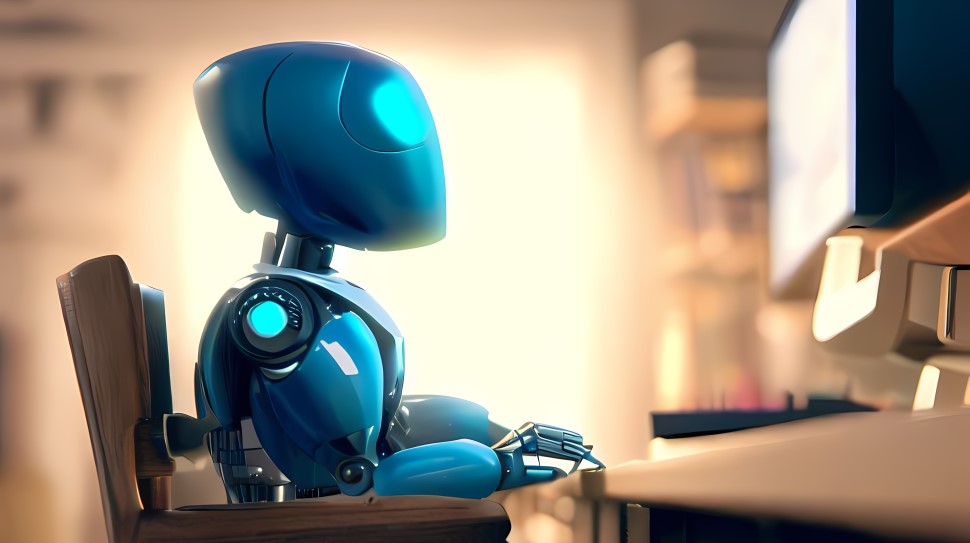
At the end of the day, emerging technology is encouraged as we seek to tap into greater opportunities and spaces that will help us forge forward. But this shouldn't be at the expense of integrity, safety, accuracy, and everything in between.
Microsoft's recent Work Trend Index report highlighted how relieved employees are with the existence of AI and how much they can leverage its capabilities to impact their productivity positively.
Only 49% of the sample size highlighted their concern when asked about job security concerns over AI. 70% indicated that they were looking forward to using the technology to do "as much work as possible" to "lessen their workloads," according to Microsoft. However, based on the information relayed to Microsoft from 82% of leaders indicates that employees will need new skills that revolve around AI.
But will this still be the case? Even with the growing concerns around the technology and the numerous setbacks encountered. The technology also seems to have a negative impact on the employees working in the field to ensure that things are running smoothly, but at the cost of their mental health and social life, according to this report from BBC shared on TikTok.
Only time will tell what AI holds for the future, but it will be a hot minute before AI takes your job (if ever).

Kevin Okemwa is a seasoned tech journalist based in Nairobi, Kenya with lots of experience covering the latest trends and developments in the industry at Windows Central. With a passion for innovation and a keen eye for detail, he has written for leading publications such as OnMSFT, MakeUseOf, and Windows Report, providing insightful analysis and breaking news on everything revolving around the Microsoft ecosystem. While AFK and not busy following the ever-emerging trends in tech, you can find him exploring the world or listening to music.
